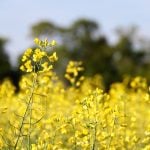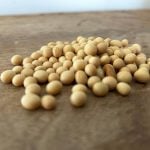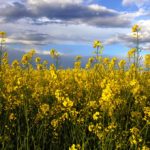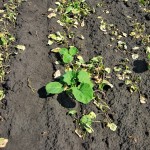Chicago/Reuters – ICE Canada canola futures climbed on Wednesday for a third straight session, buoyed by a lack of moisture in parts of the Canadian Prairies and spillover strength from U.S. soyoil values, traders said. November canola rose $5.50 to settle at $511.20 per tonne, and January canola ended up $5.40 at $516.50. Chicago Board […] Read more












